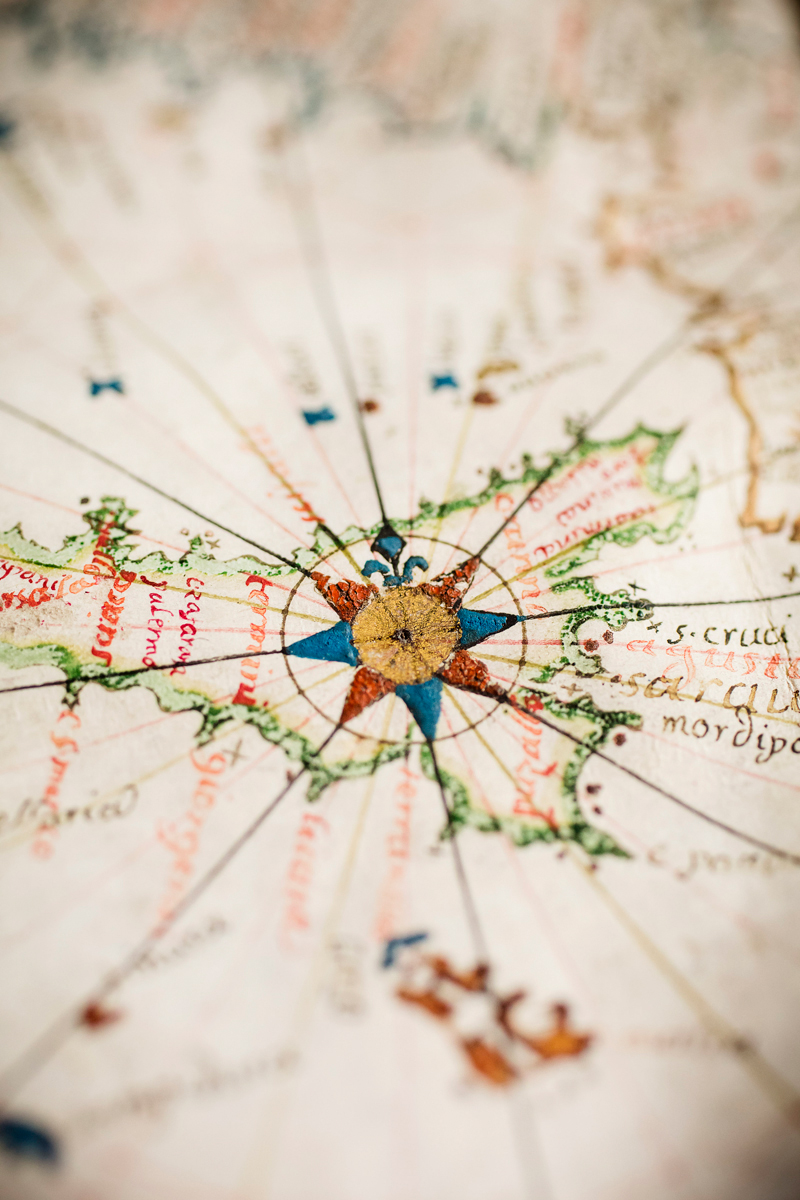Geography & Geographic Information Science
Geography and Geographic Information Science (GIS) is the study of the where and why of places. Geographers create, manage, and use geospatial data from satellites, GPS, drones, and other sources to understand how places change and the social and environmental challenges they face. Geographers also study how people interact with and affect their environments and how environments in turn affect their lives and well-being.
GGIS is a flexible major. It offers Bachelor of Science concentrations in GIS and physical geography, and Bachelor of Arts concentrations in general and human geography. With their training in mapping, spatial analysis and critical thinking, geographers can help tackle place-based challenges including transportation, public health, natural hazards, housing, and environmental justice.
Geography and GIS offers four different concentrations.
Integrate social science, physical science, and technology to study how people use the Earth’s surface and how places change and develop. Students can sample courses from different subfields of geography without having to choose a specialty. Upon completion, students are prepared for careers in planning, environmental analysis, and transportation, or for further graduate studies in geography and GIS. For more information on the Degree Requirements, visit http://catalog.illinois.edu/undergraduate/las/geography-geographic-information-science-balas/
Use cutting-edge geospatial technologies and data to examine environmental and social issues; support business decisions; protect the environment; and manage the massive amounts of spatial data generated from mobile devices and sensor networks. The GIS concentration provides in-depth technical and field training, preparing students for geospatial careers- one of the fastest-growing domestic job sectors. For more information on the Degree Requirements, visit http://catalog.illinois.edu/undergraduate/las/geography-geographic-information-science-bslas/
Explore the social science aspect of modern geography. The curriculum includes the systematic study of human social organization and its environmental consequences. Employment opportunities include urban and regional planning, transportation, marketing, real estate, tourism, and international business. For more information on the Degree Requirements, visit http://catalog.illinois.edu/undergraduate/las/geography-geographic-information-science-balas/
The Physical Geography concentration examines the environmental sciences including patterns of climate, landforms, vegetation, soils, and water. Graduates of our physical geography concentration will be equipped for careers in environmental science and consulting, land and water resource management, and remote sensing using drones and satellites. For more information on the Degree Requirements, visit http://catalog.illinois.edu/undergraduate/las/geography-geographic-information-science-bslas/
- GEOG 101—Global Development & Environment
- GEOG 103—Earth’s Physical Systems
- GEOG 104—Social and Cultural Geography
- GEOG 105—The Digital Earth
Students should consult with an academic advisor regarding course selection prior to the advanced registration period.
A major in Geography and GIS can lead to graduate school or many different possible careers.
|
Communication |
|
| Project Development |
|
| Interpersonal |
|
| Research/Analysis |
|
- Aerial Photo Interpreter
- Cartographer
- Community Developer
- Computer Mapper
- Demographer
- Environmental Impact Analyst
- Health Services Planner
- Land-Use Analyst
- Land Developers
- Land Economist
- Real Estate Agent
- Urban or Regional Planner
Some careers may require education beyond an undergraduate degree.
- Participating in undergraduate research
- Applying for a study abroad experience
- Utilizing resources of The Career Center
- Joining a Registered Student Organization (RSO) related to this major, such as:
- Illinois Cartographic Society
There are several professional organizations dedicated to Geography & GIS. Their websites might be able to provide a glimpse in the world of Geography & GIS. These organizations include Association of American Geographers, University Consortium for GIS, and the Environmental Protection Agency.


